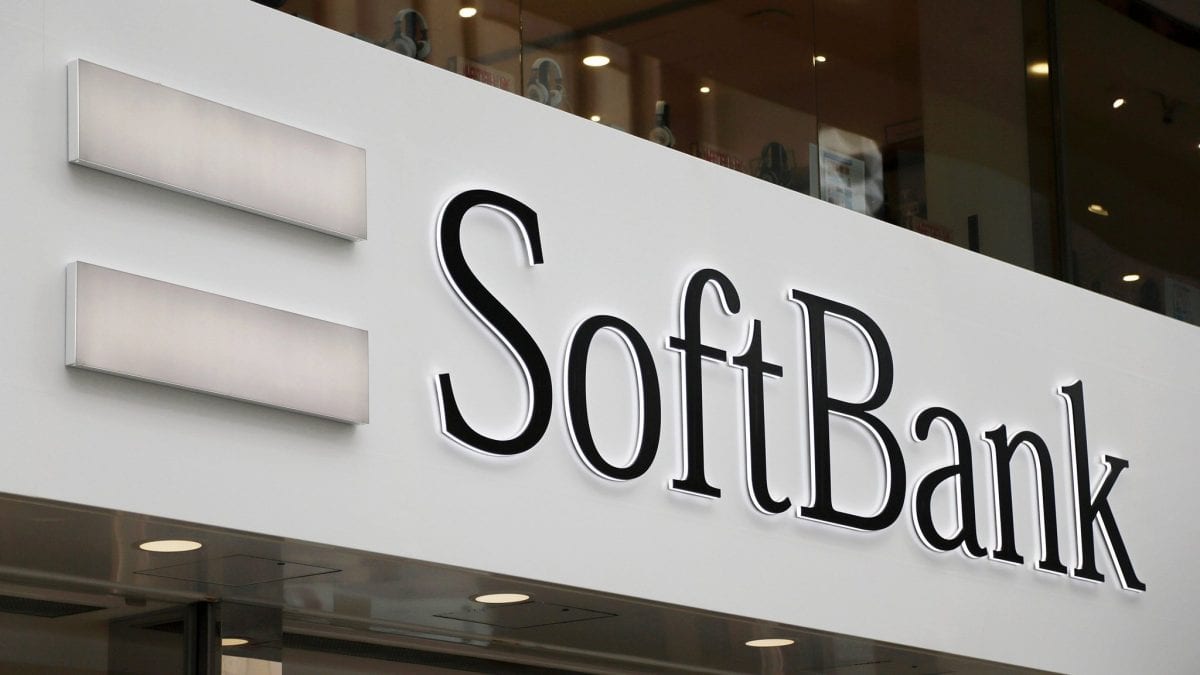Previously, this company raised a US$150 thousand round from Y-Combinator, according to Crunchbase.
In summary
If you’re from Latin America, you’re probably aware of how handwritten signatures are used for practically everything, especially when it comes to banking, real estate, etc. At the same time, this process to validate identities and sign documents is as old as most of our pre-hispanic archeological sites. We’re talking ancient.
At least Keynua realized this, which is why this tech-oriented startup is effectively disrupting this antiquated Latin American custom. Rather than swiping a pen on a piece of paper, Keynua uses three-second videos as virtual “signatures.”
This allows people to approve specific documents as well as verify the signatories’ identity. Users record short videos where they verbally agree to the matter at hand. These videos become part of Keynua’s database where previous records validate the clips’ authenticity.
In-depth
Contrary to what other countries are doing, Latin America has yet to change this practice and move towards a more practical not to mention reliable system. Notary fees amount to an estimated total of US$25 billion annually in Latin America – just to verify the veracity of important documents.
Justifiably, Keynua wants to eat some of that delicious market pie.
According to Keynua’s Crunchbase profile, it aims to become a multinational platform responsible for identifying individuals and validating their transactions. Based on the company’s website, though, it’s still early in the process. Users can sign up to get early beta access through its simple landing page.
Keynua is the second startup belonging to Peruvian serial founders who started and scaled Cinepapaya. As an online marketplace for movie tickets, Cinepapaya reached 42 million monthly active users under the management of the founders, before it was sold to Fandango in 2016 for an undisclosed amount.
Conclusion
Wet signatures are definitely a thing of the past, however, I am not sure whether Keynua’s solution might be the most efficient one. Biometric identity validation, 5G’s hyper-specific geo-localization and other multi-factor authentication methods seem like more viable alternatives. But really who knows, Keynua might become the new standard in the not too distant future.
I certainly believe we need to update our current signature protocols, therefore I’m really looking forward to checking out their early beta release.
-VC






